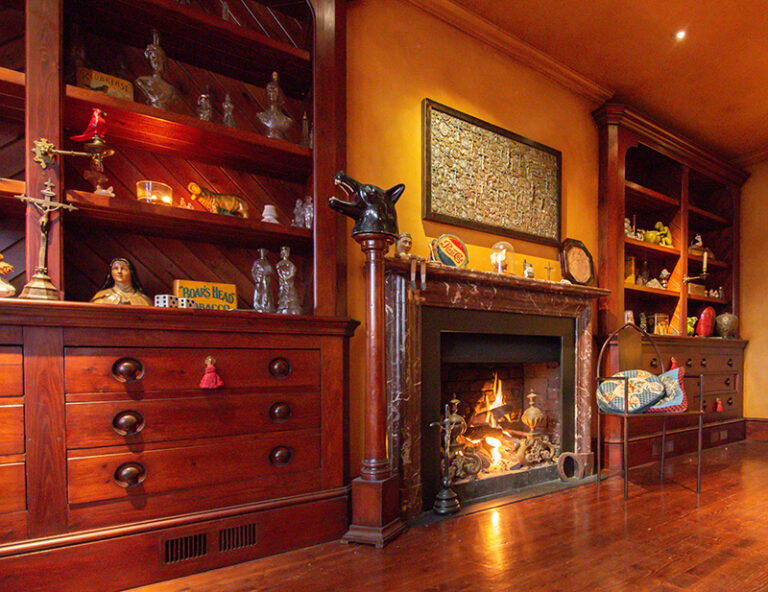Capital Gains Tax (CGT) is a tax imposed on the profit made from selling or disposing of an asset that has increased in value, this includes giving the item away as a gift, swapping the item for something else, or receiving compensation for the item, for example an insurance claim and pay-out. It is important to be aware that an estate could be liable for CGT and therefore an understanding of how CGT works during probate is necessary due to the possible implications.
In the UK, when someone passes away and leaves assets behind, their estate will go through a process called probate. During this process, the deceased person's assets are valued and distributed according to their will or intestacy laws. Probate can potentially be liable for Capital Gains Tax if there are assets within the estate that have increased in value since death. These “chargeable assets” can include valuable personal possessions worth more than £6,000 (with the exception of vehicles which are considered ‘wasted assets’ by HMRC), property including holiday homes, investments such as any shares that are not ISA or PEP, and business assets.
The tax is payable on the gain and not the full amount, for example, if you purchased a painting for £1,000 and then sell it for £10,000, the amount you will be taxed on is £9,000. The procedure for dealing with Capital Gains Tax during probate involves calculating the gain or loss on each asset that is subject to CGT. The gain is then determined by subtracting the original purchase price (or market value at acquisition) from the sale price (or market value at date of death). If there is a net gain across all assets subject to CGT, then tax may be payable. Estate representatives are responsible for settling any CGT owed within 60 days of completion of the estate.
It's worth noting that certain exemptions and reliefs may apply during probate, such as the "no gain/no loss" rule for transfers between spouses or civil partners. Additionally, there is an annual tax allowance for CGT which can be used to reduce or eliminate any tax liability, during the tax year leading up to the death and for two years after. If an estate is expected to have a substantial gain, it is possible to appropriate property to a beneficiary using a Deed of Appropriation, which could be more tax efficient.
To ensure compliance with HM Revenue & Customs regulations and to accurately calculate any potential Capital Gains Tax liability during probate, it is advisable to seek professional advice from a solicitor or tax specialist who specializes in inheritance tax matters.
In order to obtain an accurate valuation of any jewellery, art or antiques that may form part of an estate, we would recommend contacting a professional valuer… Indeed, the friendly team of specialist valuers at Dawsons would be delighted to help.



